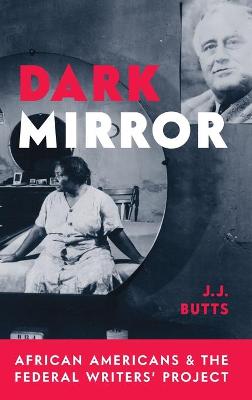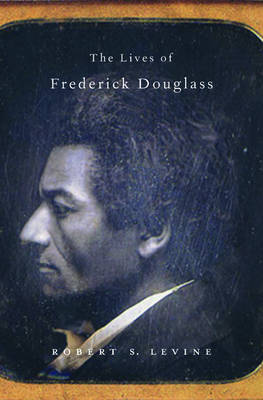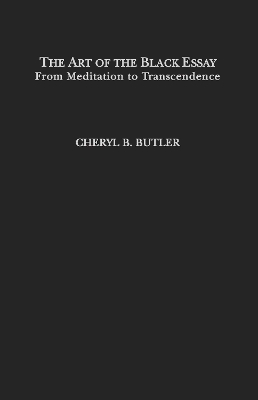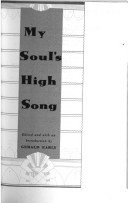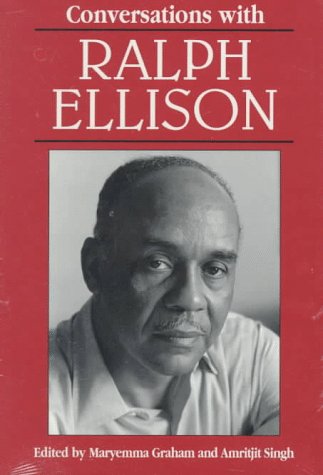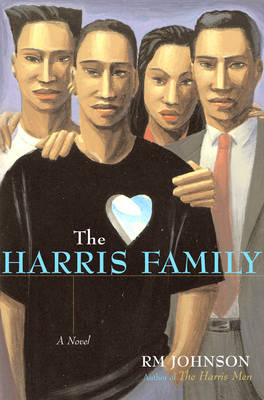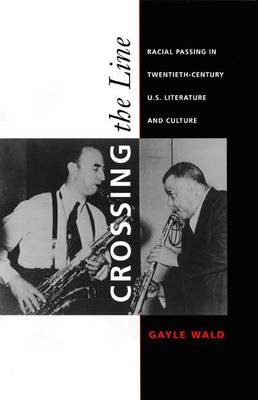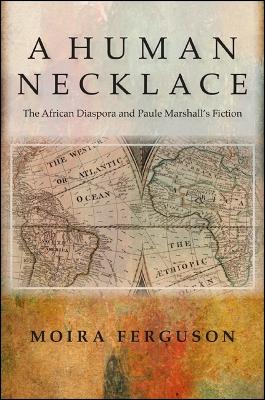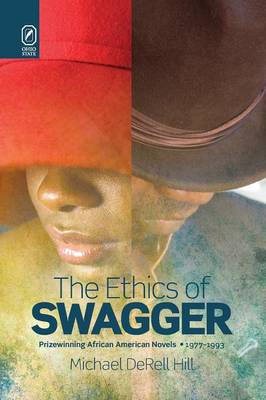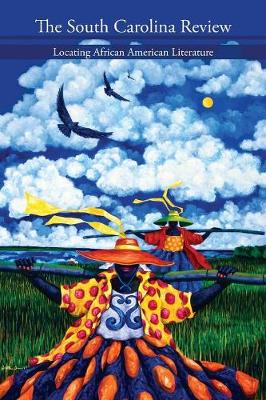Frederick Douglass's changeable sense of his own life story is reflected in his many conflicting accounts of events during his journey from slavery to freedom. Robert S. Levine creates a fascinating collage of this elusive subject-revisionist biography at its best, offering new perspectives on Douglass the social reformer, orator, and writer.
This sweeping anthology celebrates the richly textured black voices of the South, their cadences steeped in the sonorous heritage of the oral tradition. Represented here are such novelists as Zora Neale Hurston and Richard Wright, poets Nikki Giovanni and James Weldon Johnson, playwrights Tom Dent and Kalamu Ya Salaam, and nonfiction authors Martin Luther King, Jr., and Maya Angelou.
In this non-technical introduction the author explains the nature of Wittengenstein's thought, and its impact on contemporary philosophy. Grayling distinguishes between an earlier period up until the completion of the work "Tractatus logico-philosophicus", published in 1921, and Wittgenstein's return to philosophy some years later when he worked out a new approach to the questions of thought, language, mind and knowledge. The book compares and contrasts the two periods of Wittgenstein's thought...
The Art of the Black Essay (Studies in African American History and Culture)
by Cheryl Butler
The Art of the Black Essay unveils the power of the African American essay to bring about a meditative shift in the minds of readers, to catapult them beyond racial ideology - by immersing them in it - and to elicit in them, ultimately, democratic change. This title outlines the specific tools of the trade, literary techniques through which the democratization process works: the uncanny, meditative moment of transcendency. This title also describes a psychological journey experienced by the essa...
This introduction to African-American literature situates major texts and authors in their historical context and social milieu. The author pays particular attention to how African-American literature has been conceptualised by leading interpreters, including Houston Baker, Barbara Christian, Henry Louis Gates, Deborah McDowell, Saunders Redding and Hortense Spillers. By showing how these critics' positions have been constructed, he challenges the formation of an accepted canon of Black writing...
Collections of interviews with notable modern writers
The unforgettable crew of characters from RM Johnson's bestselling debut novel, The Harris Men, returns in a riveting story of love, loss, and second chances. Julius Harris walked out on his family twenty-five years ago-and not a moment goes by when he doesn't regret it. Five years ago, after learning he had cancer, Julius tried to make peace with his three sons. It didn't take. Now, the disease has gone into remission. Overjoyed, Julius is grateful for this miracle, and the time it affords him...
As W. E. B. DuBois famously prophesied in The Souls of Black Folk, the fiction of the color line has been of urgent concern in defining a certain twentieth-century U.S. racial "order." Yet the very arbitrariness of this line also gives rise to opportunities for racial "passing," a practice through which subjects appropriate the terms of racial discourse. To erode race's authority, Gayle Wald argues, we must understand how race defines and yet fails to represent identity. She thus uses cultural n...
Cliffsnotes on Gaines' a Lesson Before Dying (Cliffsnotes)
by Durthy A Washington
Birth of a Notion; Or, the Half Ain't Never Been Told (Made in Michigan Writers)
by Bill Harris
Cliffsnotes on Douglass' Narrative of the Life of Frederick Douglass
by John Chua
The original CliffsNotes study guides offer expert commentary on major themes, plots, characters, literary devices, and historical background. The latest generation of titles in the series also feature glossaries and visual elements that complement the classic, familiar format.In CliffsNotes on Narrative of the Life of Frederick Douglass, you'll meet the inspirational man who was born into a family of slavery in early America, educated himself through sheer determination and wiles, and went on...
The House Servant's Directory, or a Monitor for Private Families
by Robert Roberts
This first book by an African American published in the United States by a commercial press was written by the house servant for the Gore family of Boston. His collection of advice on food, cleaning, heating, and other topics was also the first directory of its kind to appear in the new nation. Hodges provides an annotated introduction which explores the contemporary importance of the book, the identity and character of the author, and its significance in American history.

